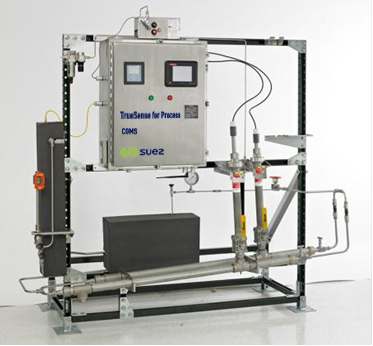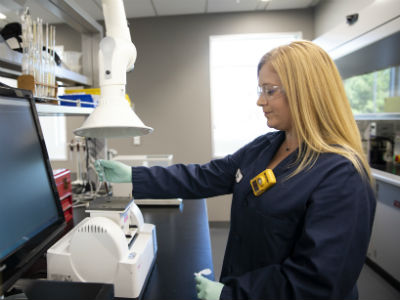Integrated Solutions for Refining
Delivering operational calm to the refining industry
Refiners are expected to run a safe and reliable operation, but also need to maintain a competitive edge. Taking advantage of market changes and the various opportunity crude oils available in the market today, responding to shifting market demands for their products, and adopting technology advances enables profitable operation while complying with increasingly tight regulations. This can be a complex balancing act for refiners and Veolia is up to the challenge to help.
Let Veolia help manage the stress of uncertainty
Veolia's integrated solutions help you take on corrosion, fouling, contaminants and other challenges facing your water and process streams across the refinery. Out technological innovations enhance our well-established expertise, chemicals, and equipment to assess, predict, control, monitor and optimize - helping convert variability into stable dependable and safe operations.
SafeZone* Expert Services
TrueSense* COMS
CrudePLUS* Expert Services
Steamate* LSA
Refiners know that ability to make quick, data-driven decisions are the key to ensuring an operational calm, reliability, profitability, and confidence, but this isn't always easy to achieve. At Veolia, we're helping customers safely push the operating envelope by being able to monitor plant performance, uncover risks and opportunities and predict outcomes - all with the goal of optimizing refinery operations.

 properties.
properties.  e, existing field's oil properties change over time, and blending strategies become more aggressive in both the transport and refining of crude oils, a different approach is needed to determine the potential impact on the refining process.
e, existing field's oil properties change over time, and blending strategies become more aggressive in both the transport and refining of crude oils, a different approach is needed to determine the potential impact on the refining process.